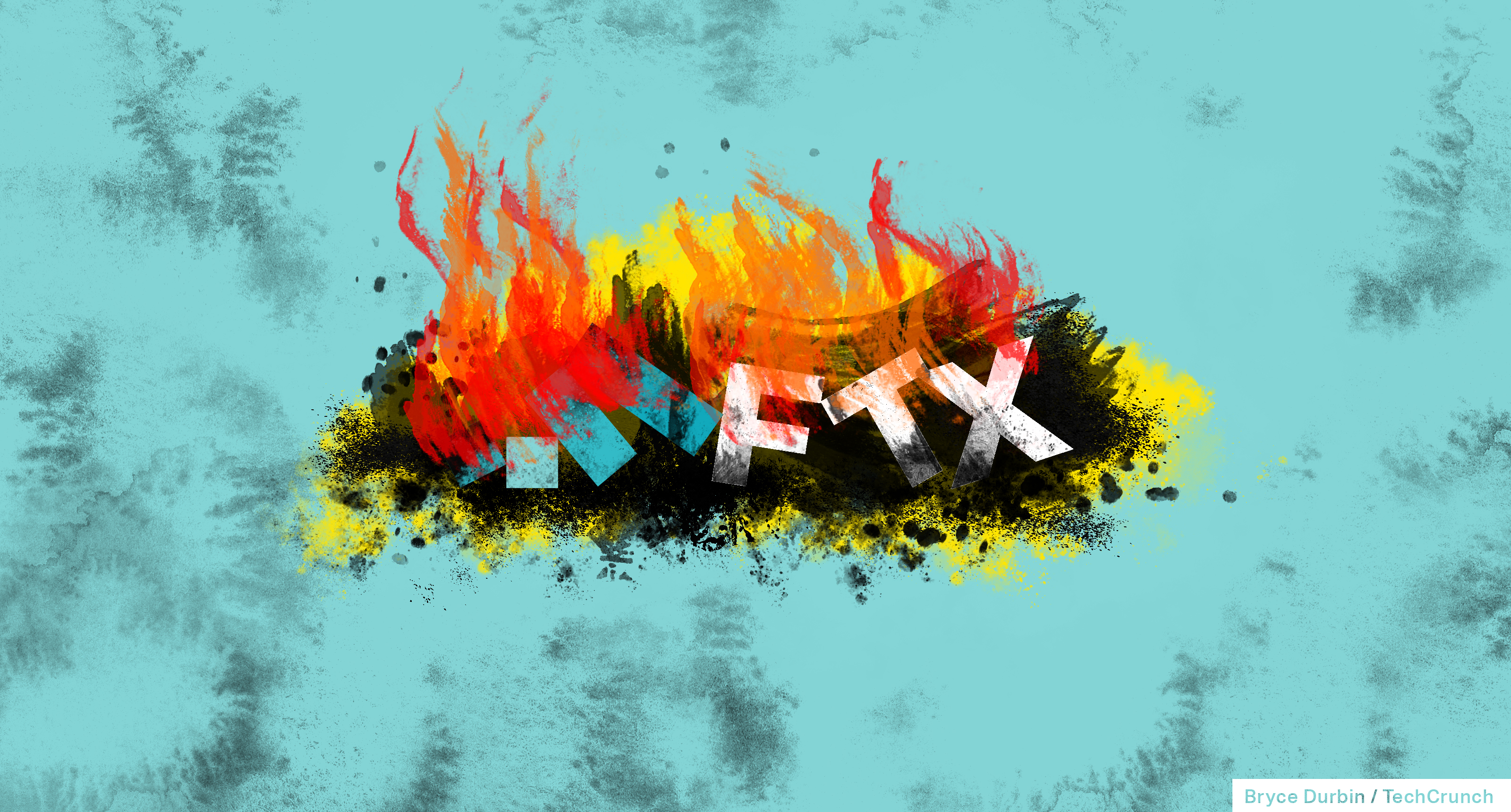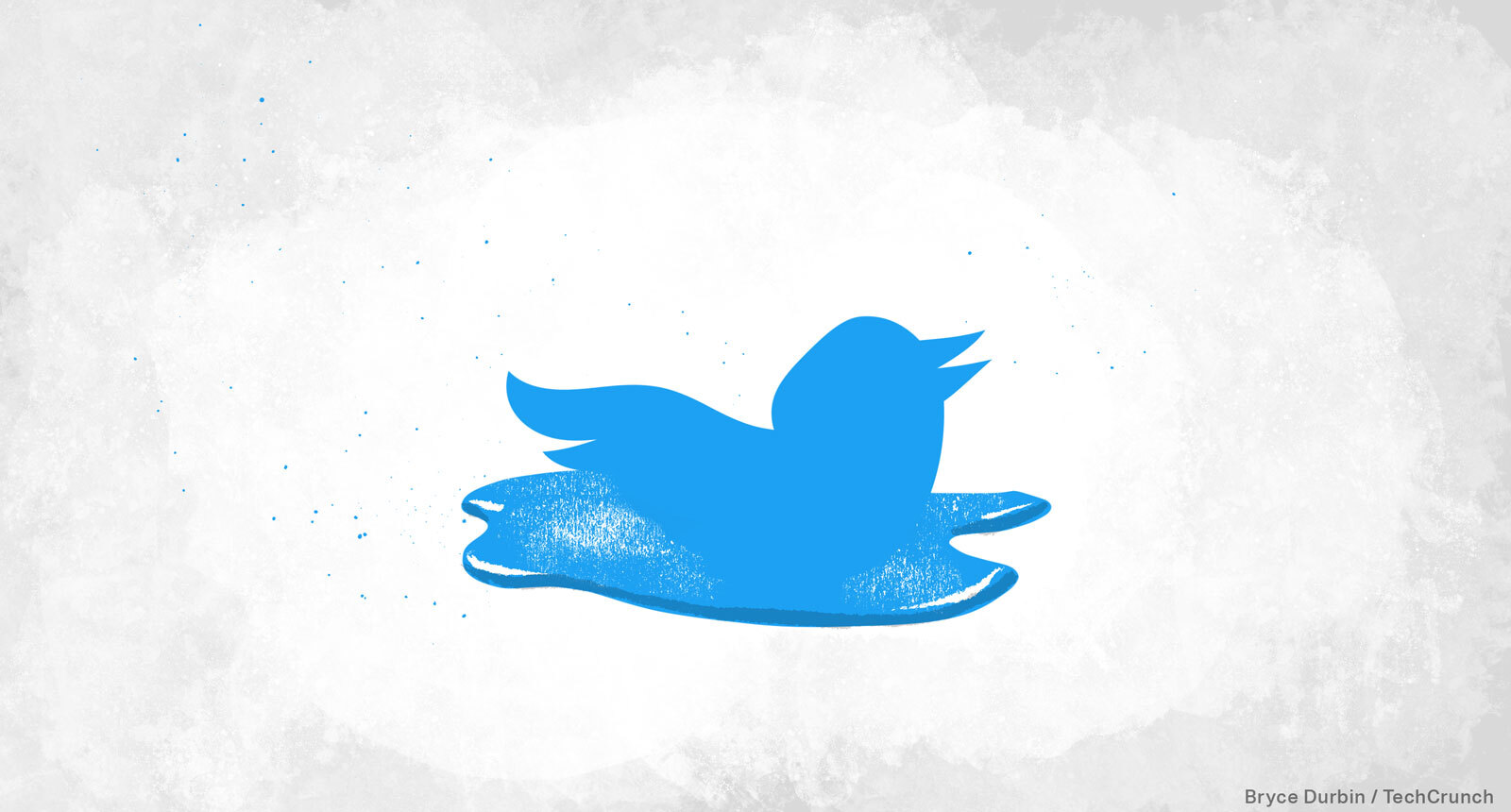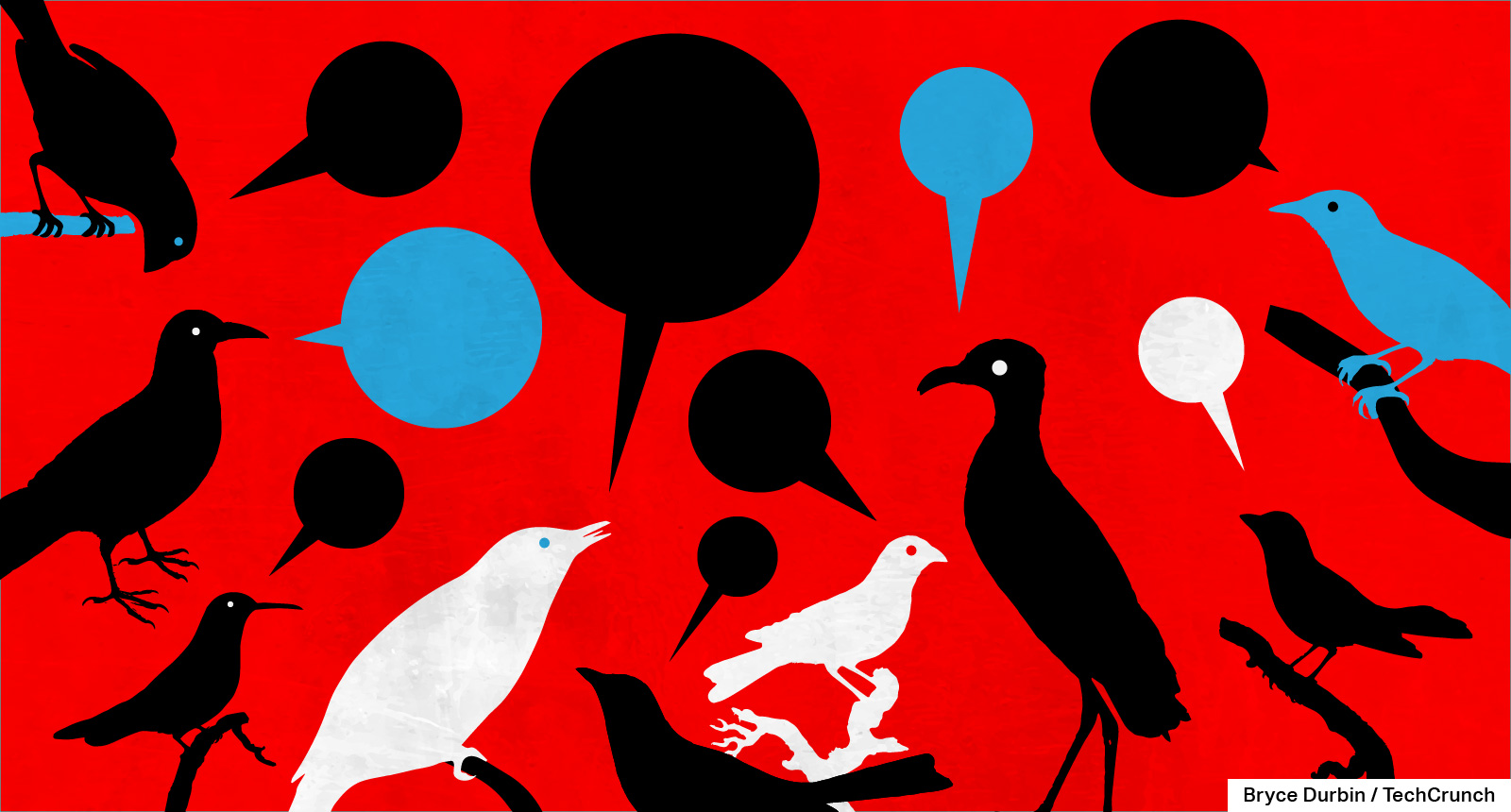Welcome to Startups Weekly, a nuanced take on this week’s startup news and trends by Senior Reporter and Equity co-host Natasha Mascarenhas. To get this in your inbox, subscribe here.
Well, that didn’t take long. In late October, I wrote about how the tide is shifting on tech layoffs, highlighting that 70% of layoffs that happened this year were conducted over the summer. In fact, using layoffs.fyi data, I claimed that the fall was shaping up to be far less gruesome in terms of net new events and people impacted.
Then, things got worse. Since I published that post, a number of layoffs have been announced from companies including but not limited to Twitter, Meta, Amazon, Chime, Stripe, Lyft, Salesforce and Cisco. (Update: As I put this newsletter together, my colleague Kirsten Korosec broke the news that Nuro laid off 20% of its workforce). (Update #2: Now I’m hearing that Carvana is reportedly going to lay off 1,500 workers).
Just a few weeks ago, 2022 workforce reductions impacted at least 92,558 known people, per layoffs.fyi. That same data source now says that the number has grown to 134,739 known people, or a 46% increase.
Put differently, I said the summer was bad. But now, nearly as many people who were laid off in the summer months of June, July and August, were laid off in November (and the month isn’t even over).
Talk about a rough start to November. According to executives and other industry sources, founders may squeeze more layoffs into the next few days ahead of Thanksgiving and the holiday season. All seem to agree that the worst of the worst is ahead of us — and the true extent of layoffs may only materialize in Q1 2023.
I wasn’t entirely wrong in my poorly aged column. I wrote then that we may just be experiencing a reporting delay and that more layoffs may come as company runways dwindle. There are still loads of companies that raised a ton of money over the boom cycle but aren’t producing nearly enough revenue to justify their historical valuations; the late-stage market is full of them.
Still, to suggest that tech is about to have a big reality check is somewhat surprising to me. Isn’t that what this entire year has been? The only hint that I can latch onto is that some companies have shown us that layoffs have a learning curve — purely because they’ve had to do more than one round in quick succession, basically underlining, highlighting and bolding that they were unable to cut deep enough the first time.
I’ll end by saying that I’m working on an end of the year story about the human impact of layoffs, namely where tech talent goes after they’ve been let go. If you lost your job this year and have an interesting story of what you did next, and how your definition of risk changed, my Twitter DMs are open. Well, at least as long as the site is.
Otherwise, you can find me on Substack and Instagram and, well, I’m not going to share my LinkedIn just yet but maybe soon. In the rest of this newsletter, we’ll talk about Elizabeth Holmes, the FTX fall out, eavesdropping and some corners of the internet that made me smile this week.
Elizabeth Holmes gets sentenced
Elizabeth Holmes, the infamous founder of Theranos, has officially been sentenced to 11.25 years in prison for fraud. The sentencing comes months after Holmes was found guilty on four of 11 counts related to defrauding investors. Theranos COO and Homles’ former boyfriend Ramesh “Sunny” Balwani is still awaiting his sentencing after being convicted on 12 out of 12 counts in his own trial.
Here’s why it’s important: The sentencing caps off a long wait to see how Holmes would be held accountable, if at all, for her crimes. Since its launch, the Theranos story has been synonymous with the strengths, and clearly damaging weaknesses, of Silicon Valley hype culture.

Image Credits: Justin Sullivan / Getty Images
FTX update
I was out on vacation (and then out sick) while FTX’s meltdown began. Thankfully, my co-workers gifted me with a ton of content on the actual impact of a crypto exchange collapsing in such a public way. If last week was all about the how, this week was all about the now what. How do investors, startups and people in the crypto world move on? And what lasting impacts does FTX’s fall out have? (Regrets don’t count).
Here’s why it’s important: As we talked about on the pod this week, the human side of all of this is finally starting to emerge. Take Nestcoin, for example. The African web3 startup declared that it held many of its day-to-day cash used for operating expenses in FTX. As a result, it is laying off employees. We also heard about SoftBank following Sequoia’s lead in marking down its investment, but what I really care about is how former COO Marcelo Claure addressed the mistake.

Image Credits: Bryce Durbin / TechCrunch
What we lose if we lose Twitter
I’m not going to run you through the latest Twitter headlines because, similar to the introduction of this newsletter, I will probably need to update it every hour to include all the pivots, contradictions and straight up meltdowns that are happening on the platform. What I will do, however, is run through what we lose if we lose Twitter.
My earnest co-workers, and I, the most earnest of them all, put together a little post about why we value Twitter and what disappears if it disappears. Obviously, we’re not saying the platform is dead or going anywhere immediately. But, what if it did?
Here’s a bit of my excerpt from the TC+ post:
I’m nosy, curious and have a constant fear that I’m missing key comprehension or a hidden angle on a macroeconomic trend. It’s probably why I’m a reporter (and why I’m addicted to Twitter).
Twitter lets me be an eavesdropping, unassuming fly on the wall. That was important when I first re-downloaded it in college and subscribed to get a notification every single time Boston Business Journal tweeted news — and it’s important now as I try to understand what founders think in real time (versus what they want to tell a TechCrunch reporter over Zoom). It helped me get up to speed when I was an intern at the Boston Globe, and it helps me blend in and understand more as a senior reporter at TechCrunch.
Eavesdropping became even more important to me about one week into the pandemic, which happened to be one week into my job at TechCrunch. It became how I found my sources, showing up in the embeds of my stories. It also became how I balanced out my sources, aiming to not just quote the people with the spiciest takes in 180 characters. As an early-career reporter, I feel like Twitter gave me a fighting chance at catching up to all my brilliant colleagues and competitors digesting the news in real time. I mean, I literally saw their thought process every single day.
We all heard that Twitter became our town square during quarantine, but for me, it also became a map.
For the rest of the piece, check out our TC+ piece: “TechCrunch staff on what we lose if we lose Twitter.”

Image Credits: Bryce Durbin/TechCrunch
A good tweets and posts section
We’re officially at the time of year, and part of the news cycle, when I’m desperately searching for good news to highlight. On Equity this week, we started with some positive growth-focused tech news, including Maven’s growth and how that helps women’s health, and Alibaba’s expansion despite others’ retreat.
In the spirit of smiling, here are some tweets and jokes from the week that made me smile:
- This Taylor Lorenz tweet.
- Alex’s shitpost.
- The Chain Reaction girlies.
- A Deepika Padukone profile that read so smoothly I feel like I know her better from it.
- Brown moms. Always brown moms.

Image Credits: Bryce Durbin / TechCrunch
A few notes
- Big thanks to Kyle Wiggers — you should definitely follow on Twitter — for taking over the newsletter last week. Here’s the column if you missed it: “What the midterm madness means for startups.”
- Thanks to all who came to Miami this week for our debut crypto conference. Next up? We’re going to space. Well, kind of. We’re going to Los Angeles to talk about space. Come hang with the brightest in the space on Dec 6. Here’s a link to buy tickets. We also have a special discount for students who want to attend, so check out this link if you are still in school.
- And for my weekly unsolicited life advice: You don’t need to have something groundbreaking or surprising to say in order to write or tweet. Sounding dumb, repeating yourself and asking obvious questions are all literal growth hacks (internally and externally).
Seen on TechCrunch
Daylight, the LGBTQ+ neobank, raises cash to launch subscription plan for family planning
Corporate comms for the startup soul
Fund of funds Sweetwood Ventures bets big on VC’s smallest funds
Meet Unstable Diffusion, the group trying to monetize AI porn generators
DoorDash rolls out new safety features for delivery people on its platform
Seen on TechCrunch+
The power pendulum is swinging back to employers, isn’t it?
Pitch Deck Teardown: Sateliot’s $11.4M Series A deck
Is web3 really the new phase of the internet?
How Bird clipped its own wings
5 sustainable best practices for bootstrapped startups
If you like this newsletter, do me a quick favor? Forward it to a friend, tell me what you think on Twitter and follow my personal blog for more content. In the meantime, I’m taking next week off to enjoy the holiday season with friends and family, so I hope you do the same. Startups Weekly will be back on December 4!
Best,
